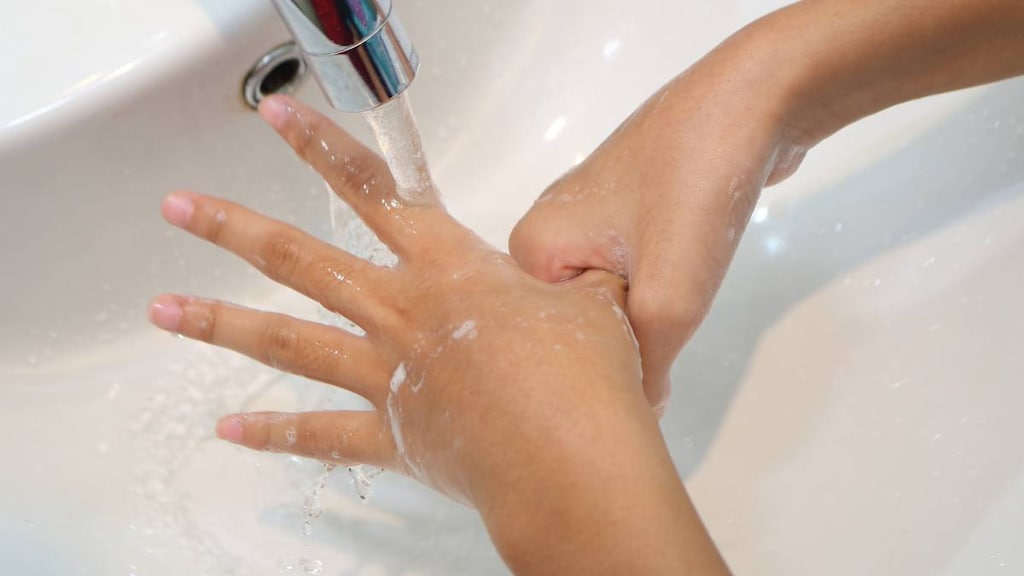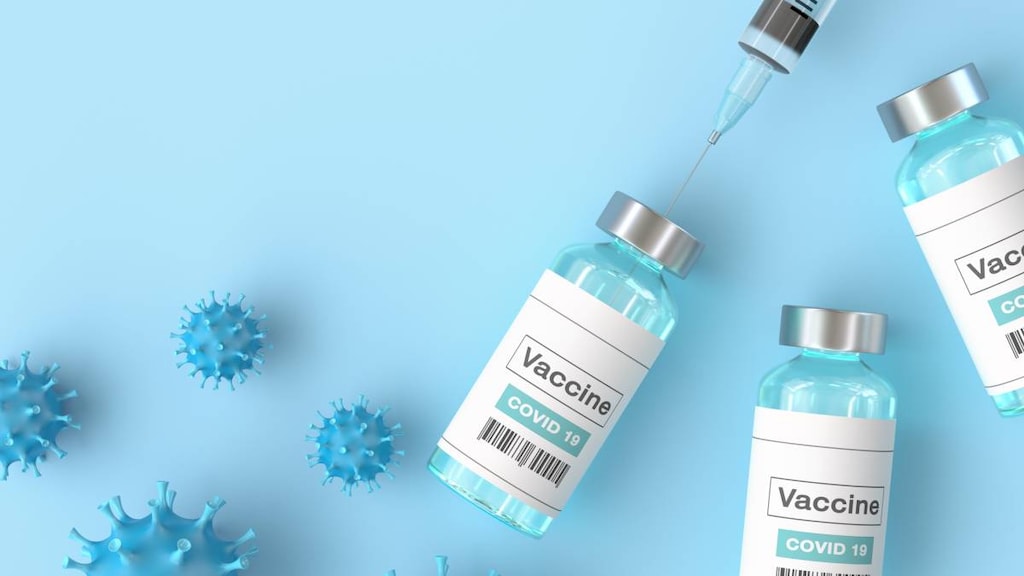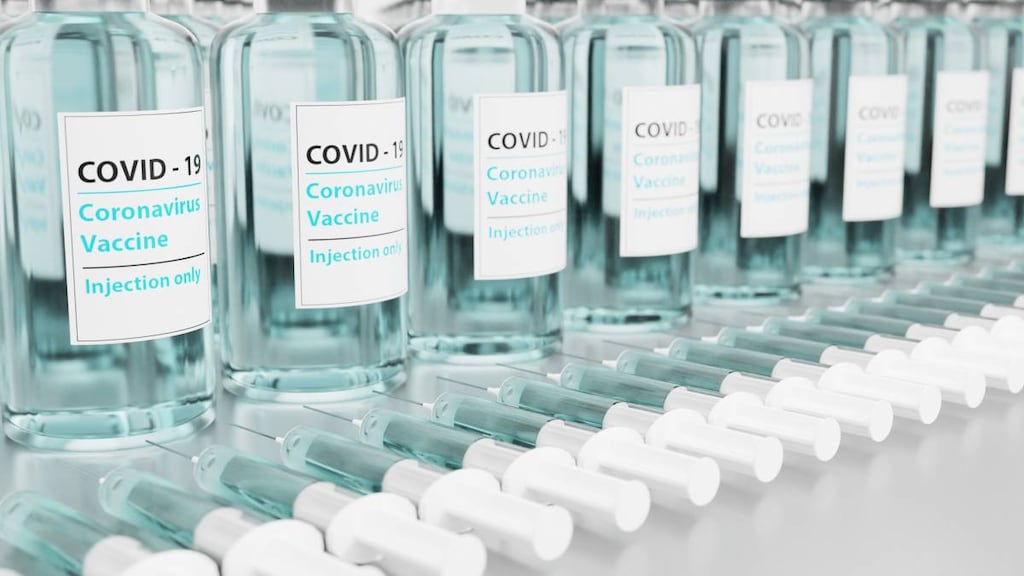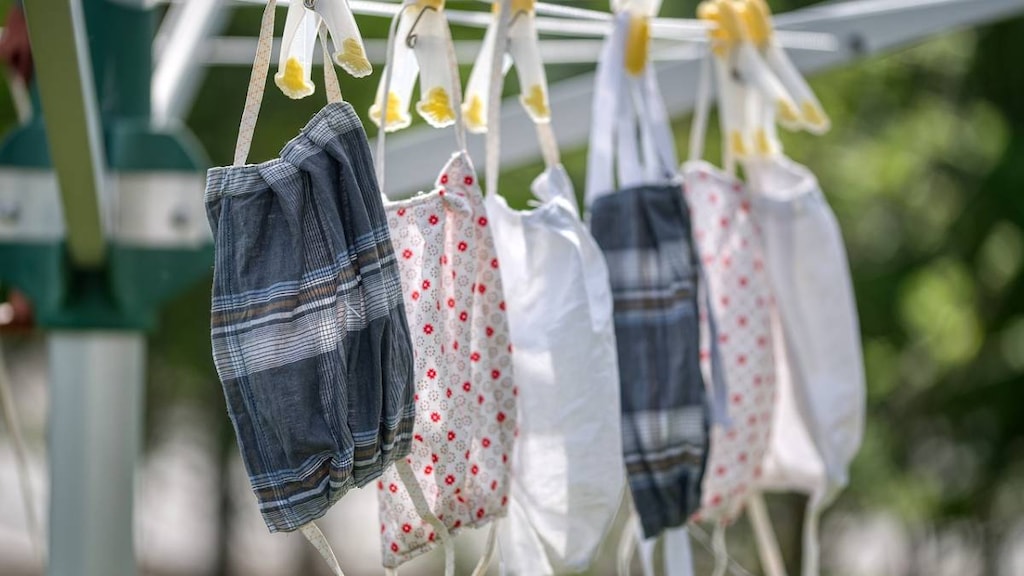Just Wash Your Hands! Infection Prevention 101

The World Health Organization (WHO) is currently working with countries to help prepare them for the possible arrival of the new coronavirus (SARS-CoV-2) and has dispatched more than 12,000 kg worth of personal protective equipment to help. Meanwhile, Chinese banks have been ordered to disinfect cash, people are putting masks on their pets, and some have taken it one step further and covered their pets in plastic bags before venturing out.
In the midst of an epidemic it can be hard to know what you should be doing to protect yourself. However, it’s important to remember that although the names of the infectious diseases might change, the basic principles you should be following to prevent their spread have not.
What should you be doing?
1. Wash your hands (hand hygiene)
WHO and many experts around the world highlight that washing your hands frequently is one of the best ways to stop the spread of infectious respiratory diseases. The U.S Centers for Disease Control and Prevention (CDC) recommends good old-fashioned soap and water, but if that’s not available then use an alcohol-based hand sanitizer.
Washing your hands isn’t a complicated process, but you may not be doing it properly. The CDC recommends that you should:
-
Wet your hands under running water then apply soap. The temperature of the water isn’t really important and it’s ok to turn off the tap to save water.
-
Lather your hands. Make sure that you include the backs of the hands, in between your fingers and under your nails.
-
Scrub for about 20 seconds.
-
Rinse hands well under clean running water.
-
Dry your hands.
2. Avoid touching your mouth and nose - you may have germs on your hands.
3. Avoid crowded places, especially if people are coughing and sneezing.
4. Practice cough etiquette. If someone in your household does get sick, then remind them to practice good cough etiquette. They should cough into a tissue and dispose of it, or use their elbow if they don’t have a tissue.
5. Wear a mask, especially if you’re sick to help prevent the disease from spreading to others.
If you are in a situation where you’re required to wear a mask then the following points are important to remember:
-
Ensure the mask fits securely over the mouth and nose and that gaps are minimized.
-
Do not touch the mask while you are wearing it.
-
When removing the mask untie it from the back. Do not touch the front of the mask.
-
Wash your hands after removing a mask or if you inadvertently touch it.
-
Replace the mask if it becomes damp.
-
Do not reuse single-use masks and dispose of them as soon as you have removed it.
More to worry about than just the new coronavirus
If you’re thinking that your chances of catching the new coronavirus are minuscule and you’ll just skip all that hand washing, it may be time to think again. In the US, for example, Dr. Anthony Fauci (director of the National Institute of Allergy and Infectious Diseases) warned in February 2020 about a second wave of influenza (flu), which seems to be hitting children very hard. So far this flu season, a total of 92 children have died from the flu in the US. 14 of those deaths occurred between late December and early February.
Article references
- World Health Organization (WHO). (February 19, 2020) To mitigate global shortages of some supplies for #COVID19, WHO has dispatched over 12,000kg personal protective equipment to priority countries in the @WHOWPRO, @WHOSEARO & @WHOAFRO. [Twitter POST]. Retrieved from https://twitter.com/WHO/status/1229856331617783808.
- CNBC. China is sterilizing cash in an attempt to stop the coronavirus spreading. February 17, 2020. Available at: https://www.cnbc.com/2020/02/17/coronavirus-china-disinfects-cash-in-a-bid-to-stop-virus-spreading.html [Accessed February 19, 2020].
- Business Insider Australia. Pet owners are rushing to buy face masks for their pets though it's unclear if our furry friends can get the novel coronavirus. February 14, 2020. Available at: https://www.businessinsider.com.au/people-buy-face-masks-for-pets-over-covid-19-fears-2020-2?r=US&IR=T. [Accessed February 19, 2020].
- CNBC. These are the best ways to avoid catching the coronavirus on airplanes, experts say. February 12, 2020. Available at: https://www.cnbc.com/2020/02/12/how-to-avoid-catching-coronavirus-on-an-airplane.html. [Accessed February 19, 2020].
- Centers for Disease Control and Prevention (CDC). Show Me the Science – When & How to Use Hand Sanitizer in Community Settings. Available at: https://www.cdc.gov/handwashing/show-me-the-science-hand-sanitizer.html. [Accessed February 19, 2020].
- Centers for Disease Control and Prevention (CDC). Show Me the Science - How to Wash Your Hands. Available at: https://www.cdc.gov/handwashing/show-me-the-science-handwashing.html. [Accessed February 2020].
- World Health Organization (WHO). Advice on the use of masks in the community, during home care and in healthcare settings in the context of the novel coronavirus (2019-nCoV) outbreak. Interim guidance 29 January 2020. Available at: https://www.who.int/publications/i/item/advice-on-the-use-of-masks-in-the-community-during-home-care-and-in-healthcare-settings-in-the-context-of-the-novel-coronavirus-(2019-ncov)-outbreak [Accessed February 19, 2020].
- USA Today. Top disease official: Risk of coronavirus in USA is 'minuscule'; skip mask and wash hands. February 17, 2020. Available at: https://www.usatoday.com/story/news/health/2020/02/17/nih-disease-official-anthony-fauci-risk-of-coronavirus-in-u-s-is-minuscule-skip-mask-and-wash-hands/4787209002/. [Accessed February 19, 2020].
- Centers for Disease Control and Prevention (CDC). Weekly U.S. Influenza Surveillance Report. Key Updates for Week 6, ending February 8, 2020. Available at: https://www.cdc.gov/flu/weekly/#S3. [Accessed February 19, 2020].
- The White House 2020, April 3. Members of the Coronavirus Task Force Hold a Press Briefing. Retrieved from: https://www.youtube.com/watch?v=27g7aBTakA8&feature=emb_logo. [Accessed April 4, 2020].




